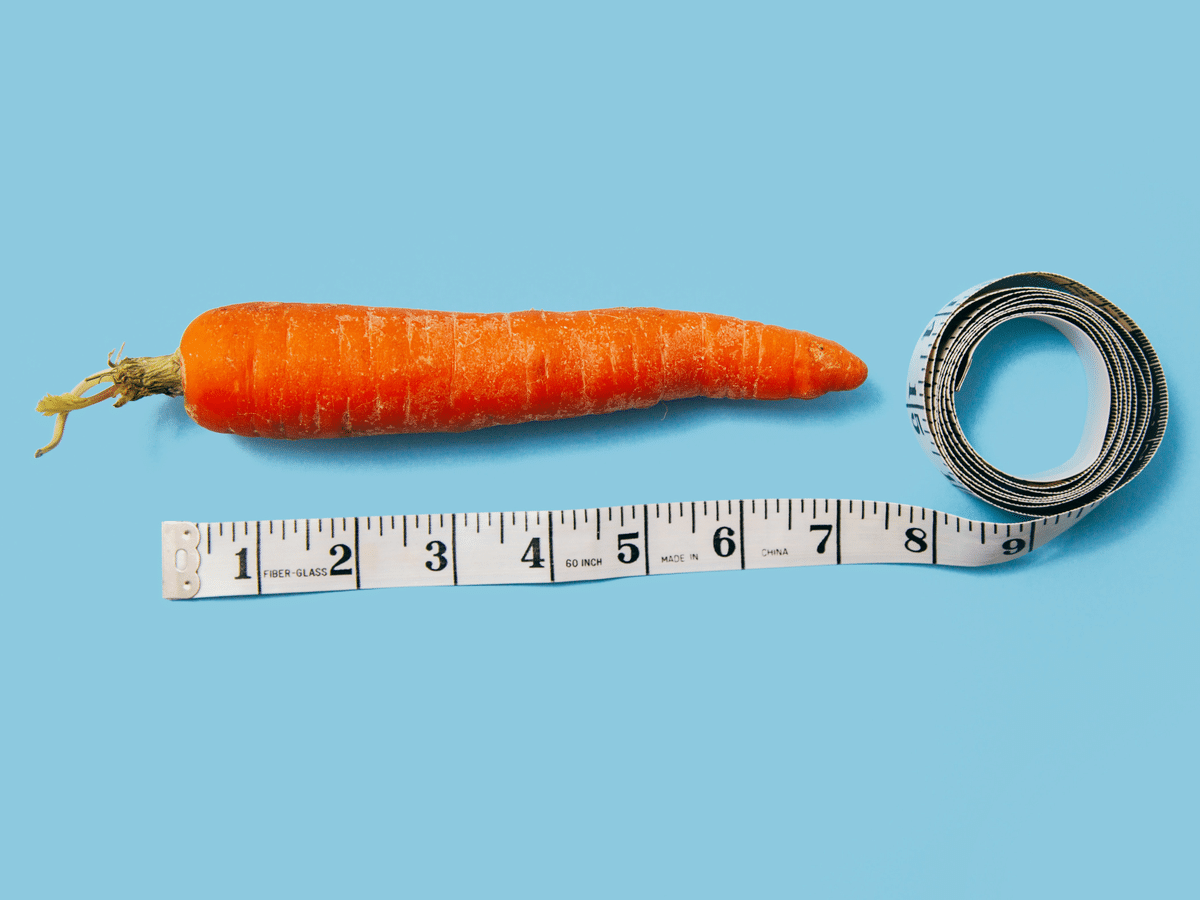Accurately measuring penis size is an essential part of understanding one’s body and ensuring optimal sexual health. While the length of the penis often receives the most attention, the girth (or circumference) is equally significant. This article offers a detailed guide on how to measure penis girth accurately and why these measurements matter.
Importance of Knowing Your Penis Size
Before we delve into how to measure penis girth, it’s important to understand why knowing your measurements is critical. Firstly, an accurate penis size measurement ensures that you select the correct condom size, enhancing safety and pleasure during sex.
A condom that is too loose risks premature falling off or tearing due to extra friction, while a tight one may decrease sensation leading to loss of erection and is more likely to break.
Secondly, an accurate penis size can help healthcare providers make a more precise diagnosis in case of sexual health conditions.
Penis Size: Perception vs. Reality
Learn how to measure penis girth with precision and confidence, ensuring a comprehensive understanding of this aspect of male anatomy. Many men worry about their penis size due to misconceptions fueled by societal expectations and the media.
However, the average erect penis size is smaller than most people think. A 2015 study found the average erect penis length to be approximately 5.2 inches, with an average girth of around 4.6 inches.
Measuring Penis Girth
Tools Required
To measure the girth of your penis, you’ll need a flexible (soft) tape measure. If that’s not available, a non-stretchable string would suffice, which you can measure against a ruler later.
The Procedure
Here are the steps to measure your penis girth accurately:
- Achieve an erection: Unlike length, girth should be measured when the penis is erect, as there’s no reliable way to measure the girth when it’s flaccid.
- Wrap the tape or string: Gently wrap the tape or string one time around the thickest part of the shaft of your erect penis.
- Note the measurement: If you’re using a tape, where the ends meet is your girth. If you’re using a string, mark where the end of the string meets the rest of it. Then, straighten out the string and use a ruler to measure the distance from the mark to the end.
Converting Girth to Diameter
Some condom manufacturers size their products according to the diameter or width of the penis. To find the diameter, divide your girth by 3.14 (Pi).
Does Penis Size Affect Sexual Satisfaction?
Discover the art of measurement with our guide on how to measure penis girth, providing insights for those seeking accurate and reliable results.
Research shows that penis size doesn’t necessarily correlate with sexual satisfaction. Many studies suggest that other factors, such as effective communication, emotional intimacy, and sexual skills, play a much more significant role in sexual satisfaction than penis size.
Addressing Penis Size Anxiety
It’s normal for men to experience anxiety about their penis size. However, it’s crucial to understand that self-worth shouldn’t be tied to physical attributes. If you’re experiencing anxiety related to penis size, consider seeking professional help or counseling.
When to Seek Medical Consultation
If you’re concerned about your penis size impacting your sexual health or performance, it’s advisable to consult a healthcare provider. Conditions like Peyronie’s disease (a disease that affects the penis size due to the accumulation of scar tissues) might require medical attention.
Read Also: When Does Your Penis Stop Growing
Conclusion for How To Measure Penis Girth
Understanding your body is an integral part of maintaining optimal sexual health. Knowing how to accurately measure your penis, both length, and girth, can help ensure you use the correct size condom and help your healthcare provider make a more precise diagnosis if needed. Remember, penis size does not define your masculinity or sexual capabilities.
Though this guide provides a comprehensive overview of how to measure penis girth, if you have any medical questions or concerns, please consult your healthcare provider or a urologist. They can provide you with professional medical advice, considering your unique needs and circumstances.

